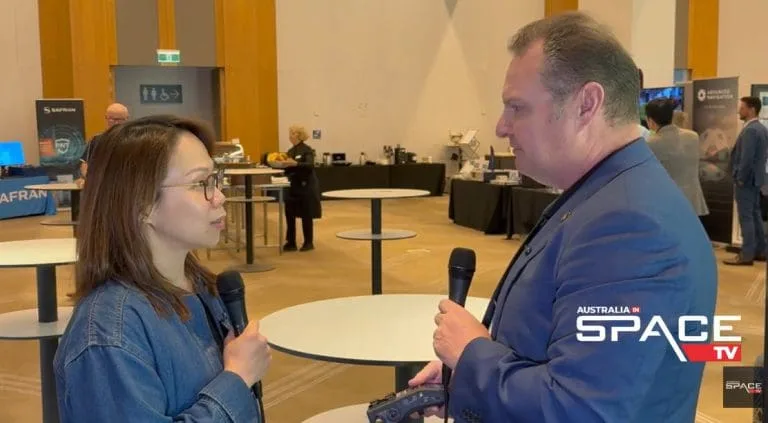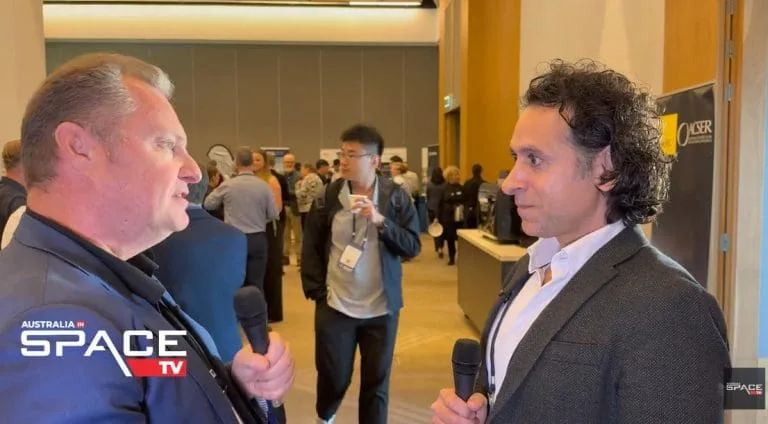New Macquarie University research into phone scams has identified the scripts and emotions that drive most calls.
A team of researchers from Macquarie University’s Cyber Security Hub has analysed the content of more than 100 hours of scam phone calls to identify clear call ‘stages’ and pinpoint the social engineering techniques scammers use on their victims.
The team, headed by Professor Dali Kaafar, used machine-learning techniques and natural language processing to uncover scam ‘scripts’ that use various topics and emotions.
These findings will help develop better ways to detect and prevent scams which account for the human element which is critical to scammers’ success.
The team found that scripts used by scammers contain multiple paths, which can be simplified into four different stages:
Stage 1 – Introduction
The scammer establishes themselves as credible and in a position of authority, then talks about a serious threat to the recipient in a matter-of-fact way – with the threat supposedly from a higher authority (eg the legal system or tax office).
Stage 2 – Assistance
The scammer poses as a helpful instructor, using rapport-building conversations, ostensibly helping the recipient to resolve the supposed problem, giving step-by-step guidance to navigate to a website, install software or fill out online forms.
Stage 3 – Threat
Emotions can ramp up at this stage, as the scammer reinforces threats for non-compliance, citing police, court orders, arrest warrants, jail and other negative consequences, using legal sounding terms, talking over the victim to defer questions and introducing time pressure to prevent the victim thinking it through.
Stage 4 – Payment / Close
Once the scammer gets what they want – like a credit card payment or enticing the victim to download malicious software – the conversation becomes less organised, and scammers finish the call, sometimes promising to call back with confirmation.
We spoke with Professor Dali Kaafar is Executive Director of the Cyber Security Hub in the School of Computing.




